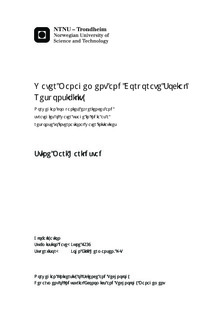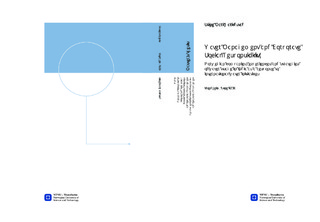| dc.description.abstract | Climate change exacerbates already pressing challenges for the global water situation. Reports by the UN and the Intergovernmental Panel on Climate Change (IPCC), states that climate change is likely to exacerbate many of the already pressing factors for India s natural resources. India is predicted to be a water scarce nation within few yeas and the industries also needs to focus on the pressing challenges. The main focus in many corporate social responsibility (CSR) strategies is on labour rights. There is little information available on how Norwegian companies deal with environmental issues when operating internationally. This study exemplifies how and why water issues should be a part of a company s CSR, and what initiatives that is relevant for companies in India. This study describes the linkage between the water footprint concept on a macro level, and how companies can work with the water footprint on a micro level. Based on international water initiatives, the purpose of this study is to suggest a model for sustainable water use that Norwegian companies can use as a part of their CSR-strategy.This study starts with an introduction to the topic and the research, followed by a description of the methods applied to answer the research questions. The theoretical framework presents different aspects of water in a global world, and relevant concepts and initiatives on water management and water risk. The water situation in India is presented as a case, with Norwegian companies as subunits for analysis. The selected companied represents four different water-intensive industries, food, apparel, paint and energy. Semi-structured interviews form the basis for an analysis of Norwegian companies experiences, and what types of water-related business risk companies face in India. The results of this study are suggestions of criteria for sustainable water use, and a four-phase model for how Norwegian companies can involve water use in their CSR. | nb_NO |

